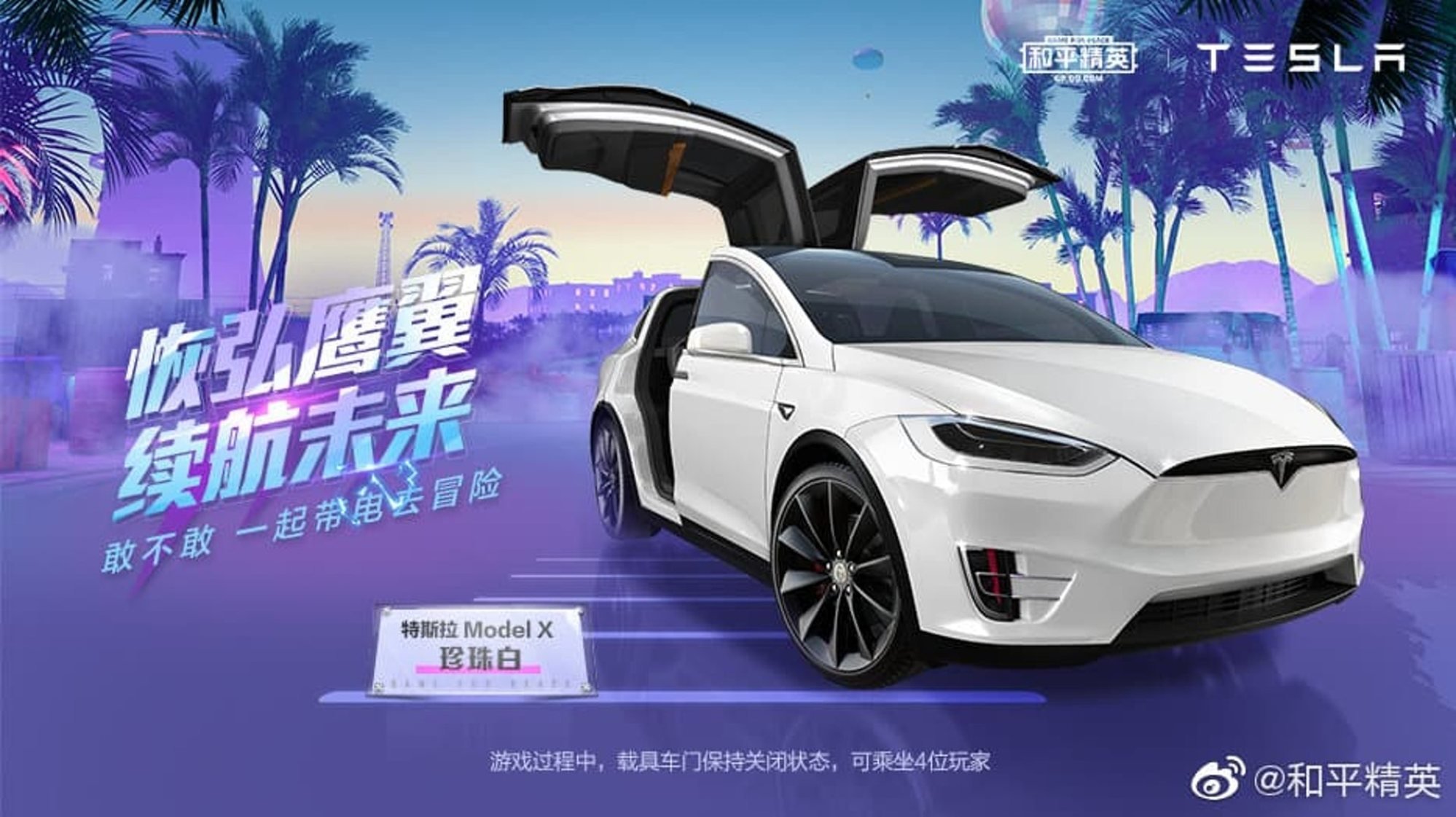
From Burberry to Tesla, luxury labels borrow the star power of blockbuster games to reach young consumers
- Burberry announces new game “skins” in collaboration with Tencent’s Honor of Kings
- The British fashion house joins upscale brands such as Louis Vuitton and Rolls-Royce in partnering with games
Owning a Burberry trench coat or a Tesla car may be a pipe dream for many people, but international luxury brands are now giving China’s young gamers a taste of the high life in the virtual world.
British fashion brand Burberry announced on Monday it has exclusively designed two “skins” – outfits worn by game characters – for Yao, a popular heroine from Tencent Holdings blockbuster Honor of Kings. The skins, created by Burberry chief creative officer Riccardo Tisci, will be available for purchase to all mainland Chinese players, although the prices have yet to be announced.
“By allowing our Chinese customers to explore virtual products through the medium of online games, we can connect with our communities in a way that really resonates with them,” said Josie Zhang, president of Burberry China.
Luxury labels are increasingly turning to video games to reach young consumers. Last year, French fashion house Louis Vuitton launched a capsule collection of League of Legends-themed apparel and bags. At the lower-end of the luxury spectrum, Chinese streetwear brand CLOT collaborated with Tencent’s first-person shooter CrossFire to release several T-shirt designs, while Nike has been the jersey sponsor for the League of Legends Pro League – China’s biggest esports league – since 2019.
Car brands have been particularly active in arranging crossovers with games in China, the world’s largest gaming market and home to 665 million gamers, according to the government-backed China Audio-Video and Digital Publishing Association.
For some consumers, these promotional campaigns offer a chance to try out exclusive brands that are usually out of reach. Burberry said its game skins took references from its iconic “check” pattern, the “TB” monogram (the initials of its founder Thomas Burberry) and its classic trench coat. Some eagle-eyed Burberry fans estimate that it would cost more than 41,000 yuan (US$6,300) to recreate one of the skins’ looks in real life.
“Who doesn’t want to own a Burberry product? Mother, I can finally wear Burberry,” a gamer wrote on Weibo, a Chinese microblogging platform.
“This is probably the least expensive and most affordable luxury item available, and I think many young Chinese people will like this Burberry skin,” said Huang Yu, a tourist guide in Shanghai. “You can’t afford to buy a Burberry coat [in real life, but] you can buy this game skin for your girlfriend. Very nice idea.”

While comments like these suggest that luxury labels remain unaffordable for many consumers, gamers as a whole actually represent a relatively wealthy demographic, according to Matthew Kanterman, a research analyst at Bloomberg Intelligence.
“Brands are increasingly seeking ways to target young, affluent, digital-native consumers and doing so through online games has been a great way for them to do this. It is likely that over time, more brands will look to do similar sponsored in-game items and events to help raise their profile with gamers,” Kanterman said.
In China, games such as Honor of Kings help global brands bridge their connections with domestic consumers. The Tencent title features plenty of elements from classical Chinese culture, including characters that most Chinese children grew up with such as Genghis Khan, the mythological Monkey King, the Tang dynasty poet Li Bai and the famed “four beauties” of ancient China.
“I love this game because it is rich in original Chinese features and almost every friend I know is a player of the game,” said Zhang Ting, a 26-year-old bartender in the southern city of Guangzhou. “Our support has made it a top mobile game globally.”
“Nowadays, regardless of product design or advertising creativity, Chinese and oriental elements are preferred by young Chinese,” said Liu Xin, an advertising creative professional.
Before Tencent’s Honour of Kings went viral, it was a desperate experiment
Honor of Kings, a massive multiplayer online role-playing game, became the world’s first game to average over 100 million daily users last year. Its users spent US$2.6 billion on the game in 2020, making it the most profitable mobile game in the world, according to data tracking firm Sensor Tower.
Crossovers between luxury brands and games will continue to be a growing trend, said Liao Xuhua, a gaming analyst with Beijing-based market research firm Analysys.
“This is a far more effective way to promote a brand than through traditional brand commercials. Although it may not instantly convert a lot of people into buyers, it is very effective in strengthening its impression among young people,” Liao said.


